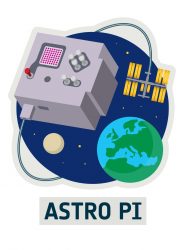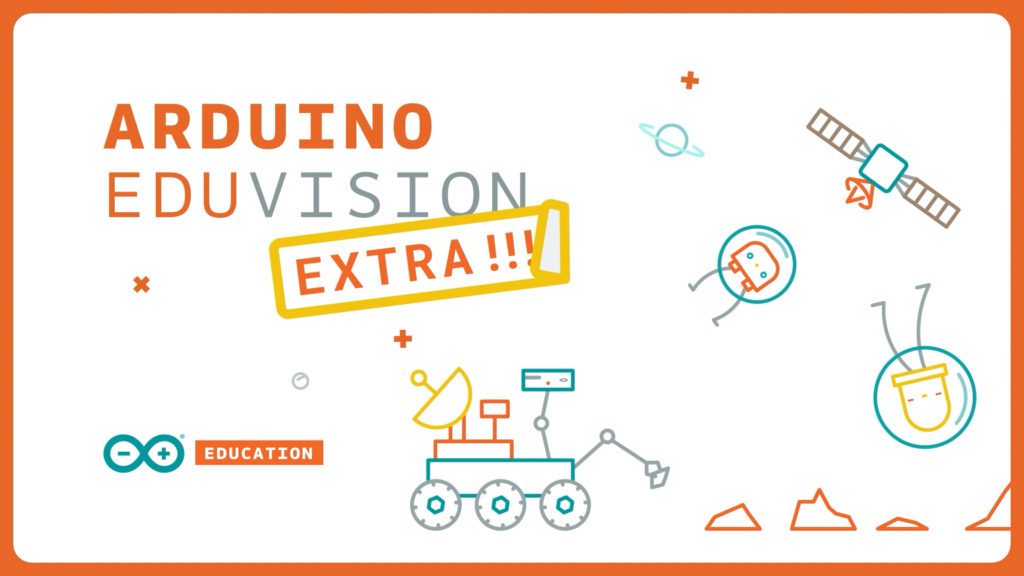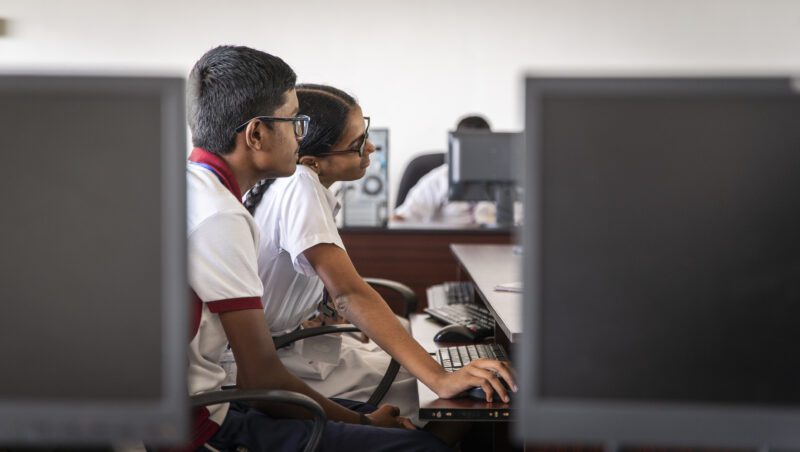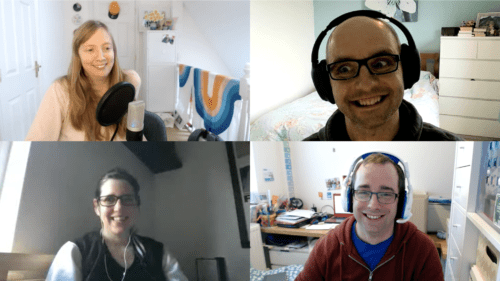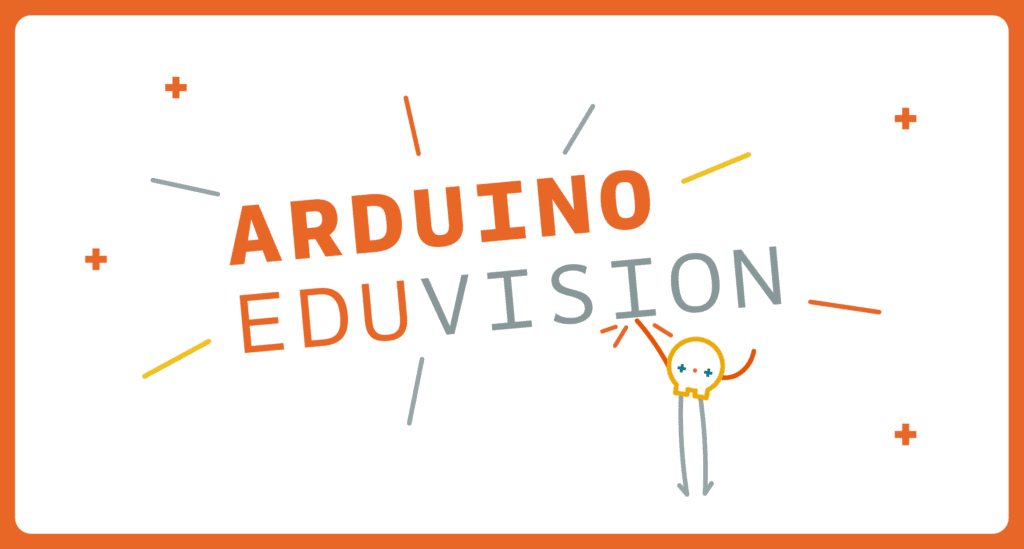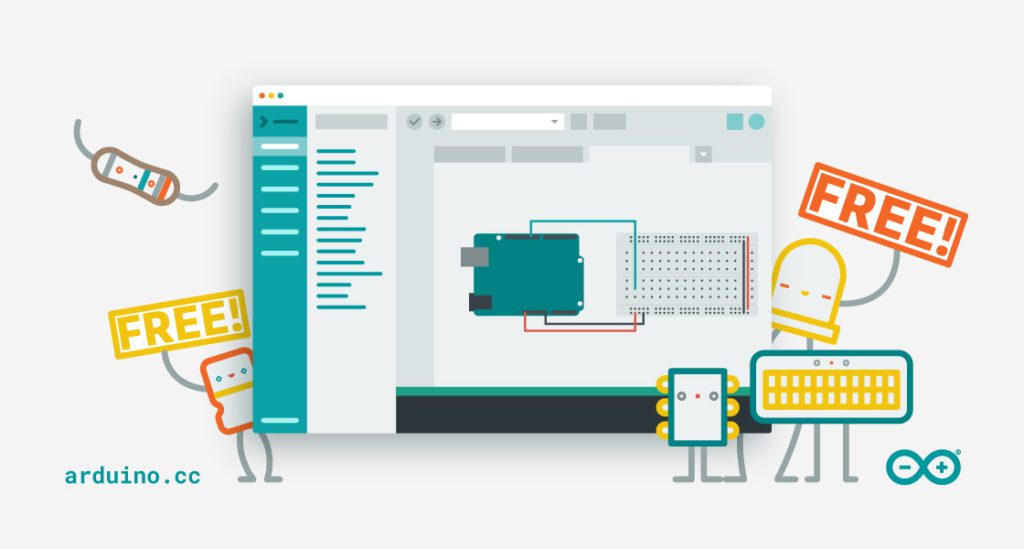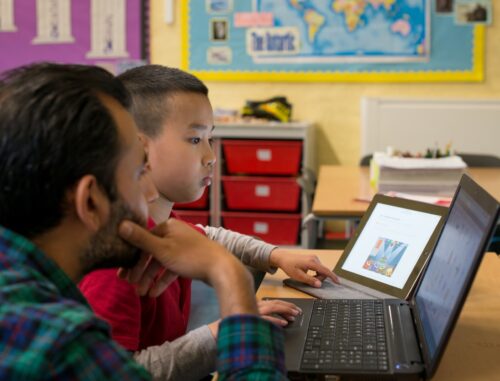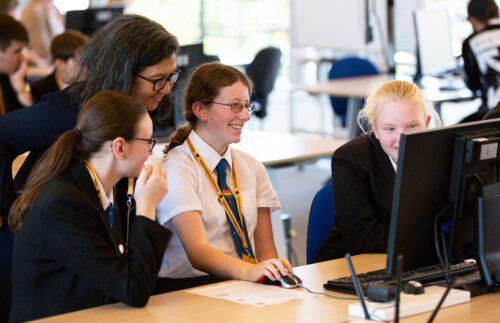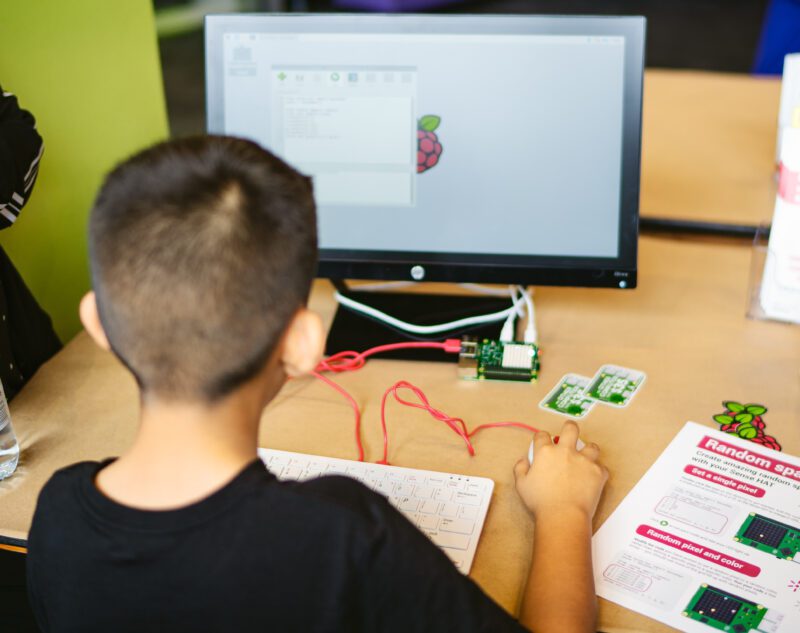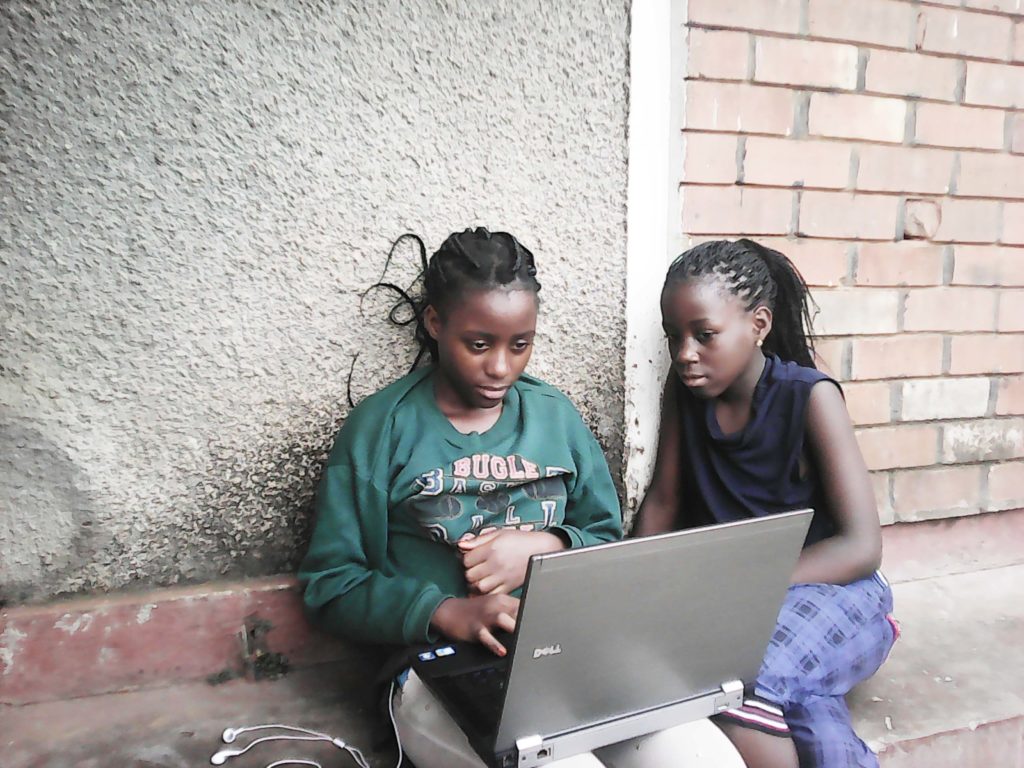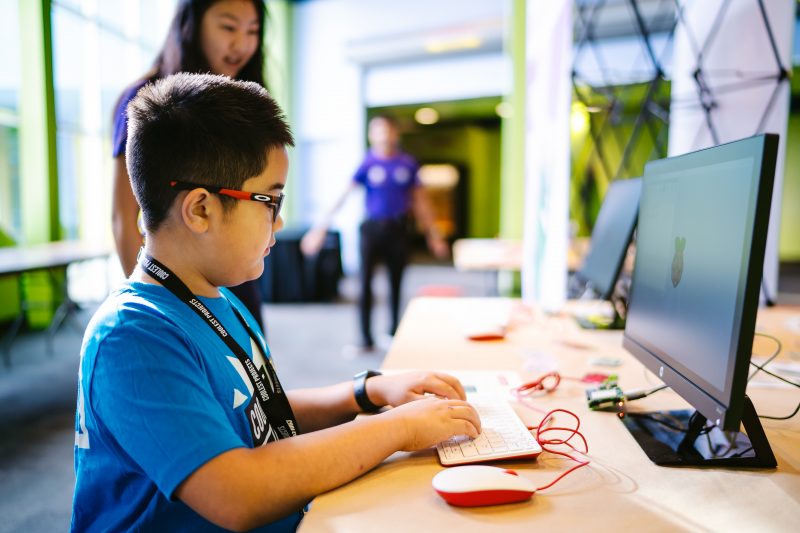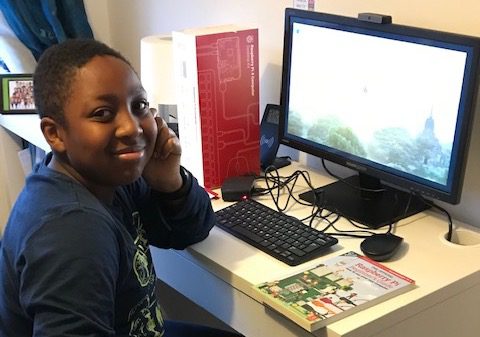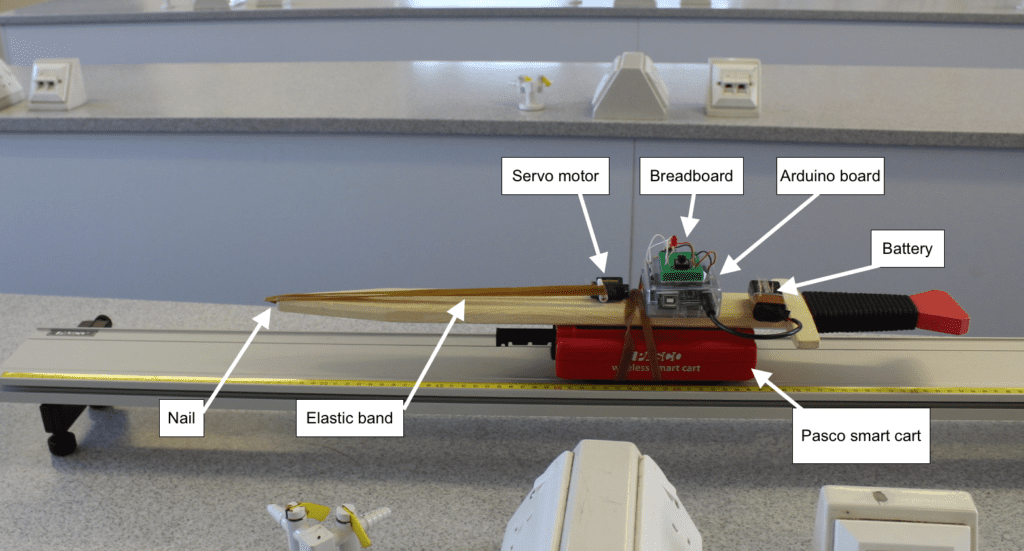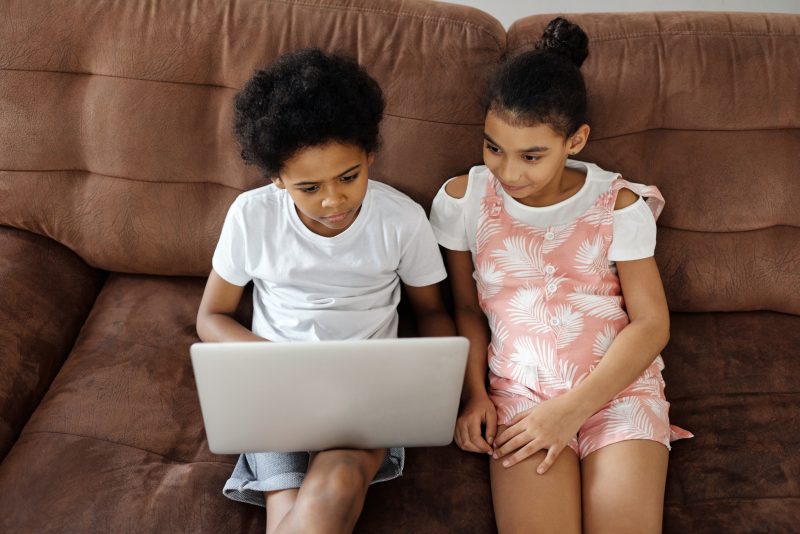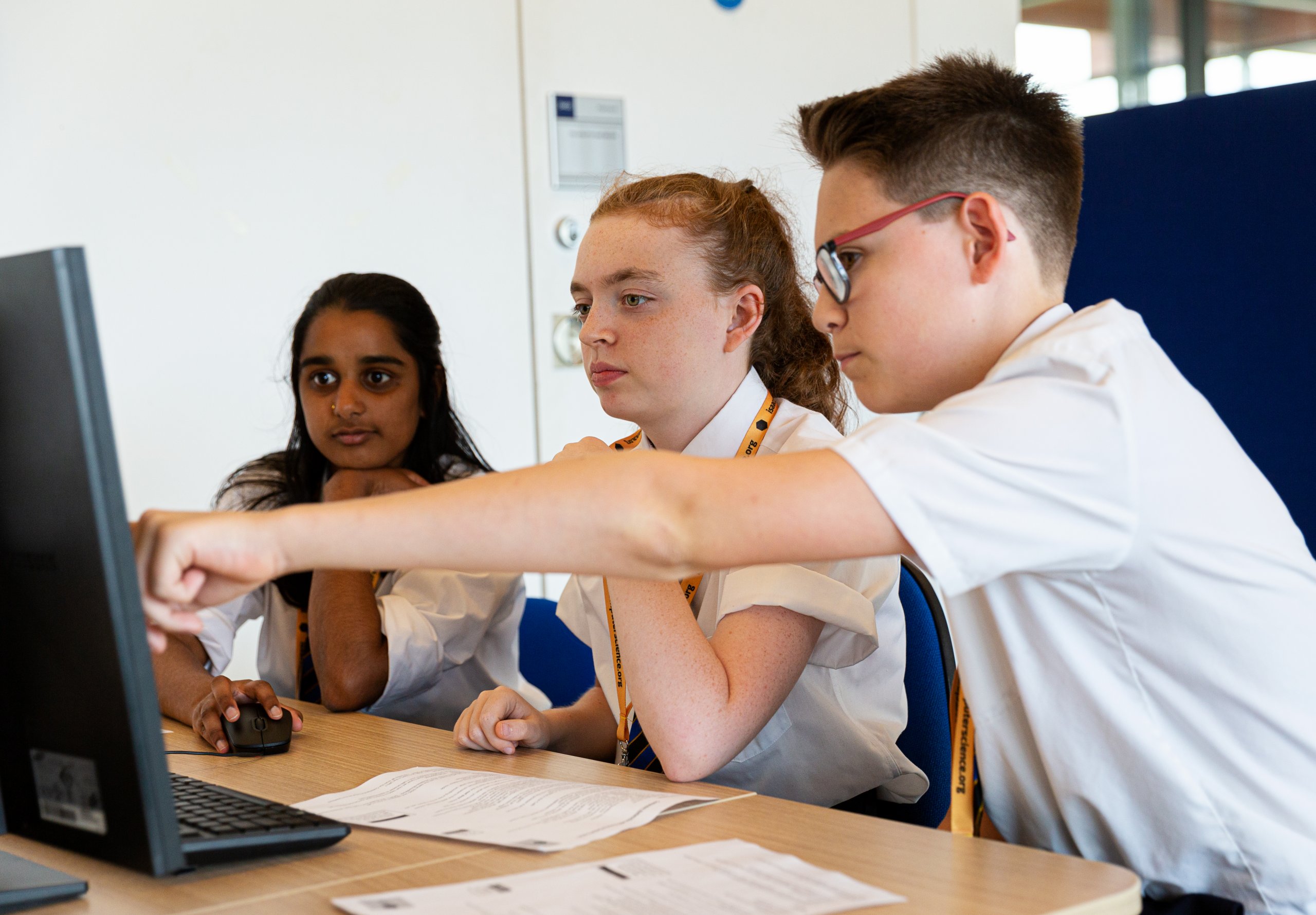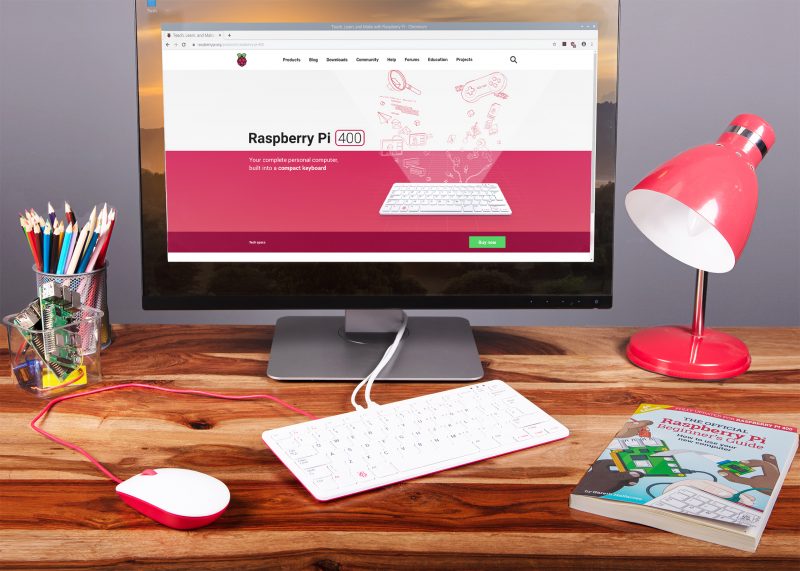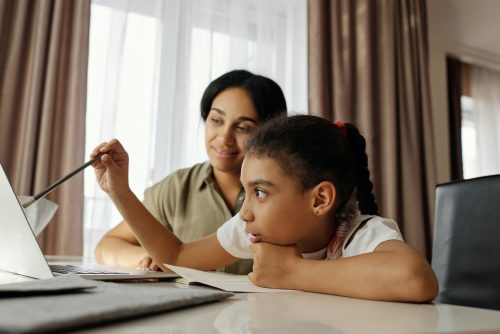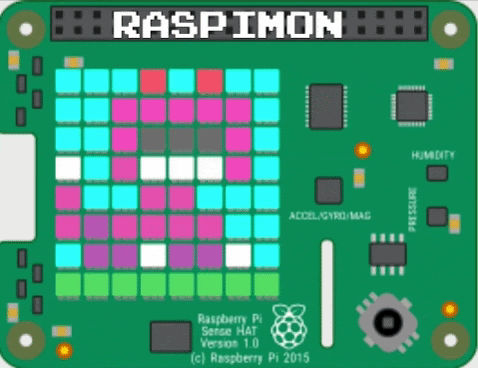Schlagwort: education
-

Nearly 15,000 young people ran their code on the ISS for Astro Pi 2020/21!
Reading Time: 4 minutesOur team here at the Raspberry Pi Foundation, in collaboration with ESA Education, is excited to announce the successful deployment of young people’s programs aboard the International Space Station (ISS) for the European Astro Pi Challenge 2020/21! Across both Astro Pi missions — Mission Zero and Mission Space Lab — 14,993 participants…
-

Physical programming for children with visual disabilities
Reading Time: 7 minutesWhen Stack Overflow conducted a survey of 64,000 software engineers, it found that 1% of their respondents were blind — a far higher percentage than among the total population. Yet it is far from easy for young people with visual disabilities to engage in learning programming in school. In this month’s seminar,…
-

EDUvision EXTRA: Quetzal-1 strikes back
Reading Time: 2 minutesWe recently invited José Antonio Bagur to join us on EDUvision, to talk about his work on Quetzal-1; Guatemala’s first satellite. It was a hugely popular show with the Arduino and edutech communities, and we ran out of time before we could ask José all your space-based questions! The range of questions…
-

What makes an impact on gender balance in computing education? Answers from experts
Reading Time: 6 minutesThe latest event in the Raspberry Pi Foundation series of research seminars was our first panel discussion, with formal and non-formal learning opportunities in computing education and their impact on gender balance as its theme. The panel was chaired by Dr Yota Dimitriadi, Associate Professor of Computing at the University of Reading,…
-

The all-new Hello World podcast for educators interested in computing and digital making
Reading Time: 2 minutesThere is growing momentum behind the idea of putting computing, computer science, and digital making at the heart of modern education. At the Raspberry Pi Foundation, we want to connect with and support computing educators, both inside and outside of the classroom. Hello World magazine, which we started in 2017, is a…
-

Share your Arduino projects on EDUvision
Reading Time: 2 minutesArduino Team — May 6th, 2021 We’re on the lookout for the most creative and innovative Arduino projects made by you – our EDUvision viewers! Each week, we’ll feature the projects we think should be put in the spotlight. If your project is featured, we’ll send you a selection of some super…
-

Now free! Get the Arduino Create app for Chrome classrooms
Reading Time: 2 minutesArduino Team — May 2nd, 2021 In the latest Arduino Education update, we’ve made the Arduino Create app free for Chrome. From today, as many educators, students, and parents around the world as possible can now access the Arduino Create Agent. What is Arduino Create (soon to become Arduino Cloud)? Arduino Create…
-

Our new SIGCSE Special Project on culturally relevant resources for computing
Reading Time: 5 minutesOver the last 20 years, researchers and educators have increasingly aimed to develop computing curricula that are culturally responsive and relevant. Designing equitable and authentic learning experiences in computing requires conscious effort to take into account the characteristics of learners and their social environments, in order to address topics that are relevant…
-

Expanding our free Isaac Computer Science platform with new GCSE content
Reading Time: 4 minutesWe are delighted to announce that we’re expanding our free Isaac Computer Science online learning platform in response to overwhelming demand from teachers and students for us to cover GCSE content. Thanks to our contract with England’s Department for Education which is funding our work as part of the National Centre for…
-

Celebrate Pi Day with us
Reading Time: 2 minutesSince launching our first-ever Pi Day fundraising campaign, we’ve been absolutely amazed by the generous support so many of you have shown for the young learners and creators in our community. Together, our Pi Day donors have stepped up to make an impact on over 20,000 learners (and counting!) who rely on…
-

Engaging Black girls in STEM learning through game design
Reading Time: 6 minutesToday is International Women’s Day, giving us the perfect opportunity to highlight a research project focusing on Black girls learning computing. Between January and July 2021, we’re partnering with the Royal Academy of Engineering to host speakers from the UK and USA to give a series of research seminars focused on diversity…
-

Pi Day at the Raspberry Pi Foundation
Reading Time: 3 minutesPi Day is a special occasion for people all around the world (your preferred date format notwithstanding), and I love seeing all the ways that makers, students, and educators celebrate. This year at the Raspberry Pi Foundation, we’re embracing Pi Day as a time to support young learners and creators in our…
-

Closing the digital divide with Raspberry Pi computers
Reading Time: 3 minutesOne of the harsh lessons we learned last year was that far too many young people still don’t have a computer for learning at home. There has always been a digital divide; the pandemic has just put it centre-stage. The good news is that the cost of solving this problem is now…
-

Going hands-on with STEM during the pandemic
Reading Time: 2 minutesThis article was written by Valentina Chinnici, Arduino Education Product Manager. The last year has clearly been challenging for educators around the world due to the pandemic. Yet despite these difficult times, educators and students haven’t stopped getting hands-on and experimenting with STEM. But how is it possible to create a systematic environment…
-

What does equity-focused teaching mean in computer science education?
Reading Time: 6 minutesToday, I discuss the second research seminar in our series of six free online research seminars focused on diversity and inclusion in computing education, where we host researchers from the UK and USA together with the Royal Academy of Engineering. By diversity, we mean any dimension that can be used to differentiate…
-

Creative projects for young digital makers
Reading Time: 3 minutesWith so many people all over the world still living in various levels of lockdown, we’ve been working hard to provide free, creative project resources for you to keep young digital makers occupied, learning, and most importantly having fun. As a dad of two, I know how useful it is to have…
-

Computing education and underrepresentation: the data from England
Reading Time: 6 minutesIn this blog post, I’ll discuss the first research seminar in our six-part series about diversity and inclusion. Let’s start by defining our terms. Diversity is any dimension that can be used to differentiate groups and people from one another. This might be, for example, age, gender, socio-economic status, disability, ethnicity, religion,…
-

Supporting teachers and students with remote learning through free video lessons
Reading Time: 2 minutesWorking with Oak National Academy, we’ve turned the materials from our Teach Computing Curriculum into more than 300 free, curriculum-mapped video lessons for remote learning. A comprehensive set of free classroom materials One of our biggest projects for teachers that we’ve worked on over the past two years is the Teach Computing…
-

Raspberry Pi 400 for working and learning at home
Reading Time: 3 minutesDid you get Raspberry Pi 400 as a home learning or working device? We hope you’ve been getting on well with our affordable all-in-one computing solution. If you’re a new user, here are some tips for you to get the most out of your brand-new Raspberry Pi 400. Does *anyone’s* home office…
-

Learning at home with the Raspberry Pi Foundation
Reading Time: 4 minutesAs the UK — like many countries around the world — kicks off the new year with another national lockdown, meaning that millions of young people are unable to attend school, I want to share an update on how the Raspberry Pi Foundation is helping young people to learn at home. Please…
-

Raspberry Pi and Google Code Next bring computer science to 1000 Chicago students
Reading Time: 2 minutesTo round off Computer Science Education Week 2020, the Google Code Next team, working with the Raspberry Pi Foundation and some incredible volunteers in the Chicago area, helped over 400 Black and Latinx high school students get coding using Raspberry Pi 400. Here’s Omnia Saed with more. In partnership with Google Code…
-

Block-based programming: does it help students learn?
Reading Time: 5 minutesAt the Raspberry Pi Foundation, we are continually inspired by young learners in our community: they embrace digital making and computing to build creative projects, supported by our resources, clubs, and volunteers. While creating their projects, they are learning the core programming skills that underlie digital making. Over the years, many tools…
